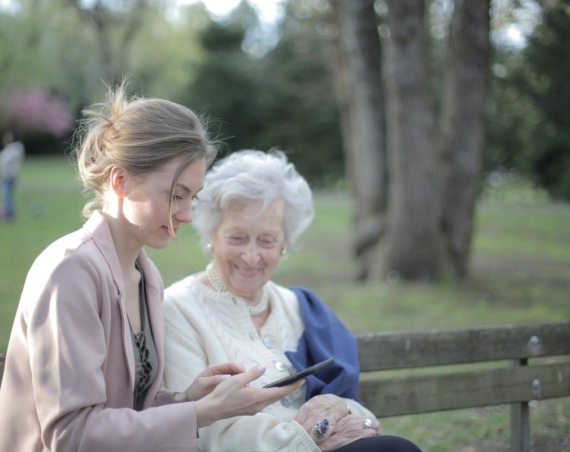
Qvin, the biotech company that developed a healthcare solution that collects menstrual blood to test for HR-HPV and other critical healthcare information, has received FDA approval in Thailand for its Q-Pad technology. This approval will make it possible for Thailand residents who menstruate to test for HR-HPV with Qvin’s Q-Pad this year. Thailand has a population of 30 million women ages 15 years and older who are at risk of developing cervical cancer. Cervical cancer is the 2nd leading cause of cancer deaths in women ages 15-44 in Thailand.
Thailand incidence is nearly three times higher than in the USA, even with Thailand’s universal health coverage, which includes screening, suggesting that alternative approaches are needed to reduce the burden of cervical cancer statistics. The Q-Pad will provide an alternative diagnostic test to the Pap smear, providing an accessible and non-invasive way to screen for HR-HPV. It is a novel menstrual pad used twice during menstruation and will help remove additional barriers from traditional pap smear testing, which can be barbaric, not easily accessible, time-consuming, and expensive. Each Q-Pad includes a removable cotton strip which is sent to a laboratory for clinical testing. Users receive their lab report results in the Qvin app, their health care provider, or an appropriately trained outreach worker.
“As part of our efforts to help women in Thailand prevent cervical cancer, we believe Qvin’s Q-Pad is one of the most innovative ways to screen for HR-HPV earlier. We believe this is a progressive, modern-day approach to cervical cancer prevention and an excellent alternative to Pap smears in our hospital system” said Dr. Chairat Panthuraamphorn, Managing Director and CEO at Samitivej Hospital.
“Receiving FDA approval in Thailand is exciting and contributes to our vision of a world where women do not die from cancers, like cervical cancer, that are entirely preventable if caught early,” said Dr. Sara Naseri, MD, CEO and Co-founder, Qvin. “Approval not only marks a milestone on our journey to move the study of women forward, but it means we can provide accessible testing to millions of people in Thailand to identify HR-HPV earlier to try and eliminate cervical cancer there and look for more countries to follow.”
“It is well known that regular HPV screenings save lives by leading to detection of cervical pre-cancer, which enables patients and providers to treat it effectively before it turns into cervical cancer, a leading cause of death for women globally,” said Dr. Paul D. Blumenthal, Professor of Obstetrics and Gynecology, Emeritus, at Stanford University. “I’m thrilled that the Q-Pad has been cleared in Thailand, which has high cervical cancer rates. Access to testing means users will be able to take control of their health easily and efficiently.”
The FDA Thailand regulatory clearance was accomplished in collaboration between Qvin, N Health Laboratories and Bangkok Health Research Center (BHRC). In addition to regulatory clearance, Bangkok Health Research Center plans to conduct a 1,500-person comparative study on HR-HPV using both Q-Pads and PAP smears. The data collected will be used to further understand the prevalence of HPV and cervical cancer in Thailand and develop official strategies to screen for HR-HPV sooner and save lives.



